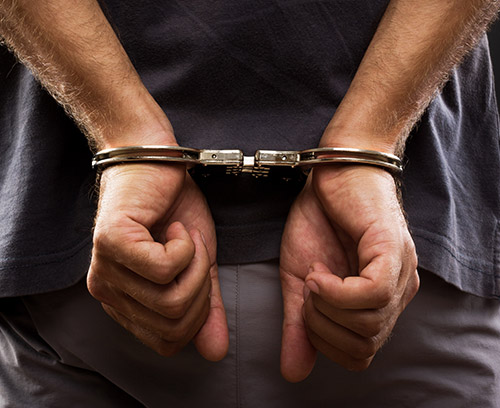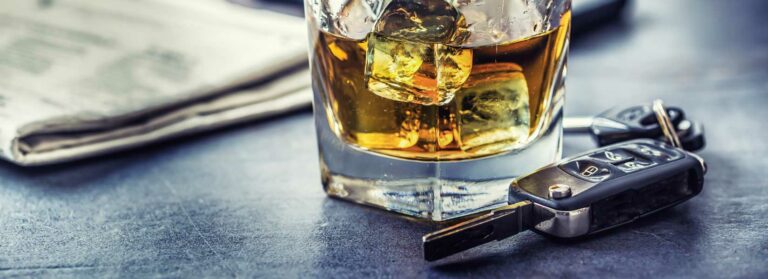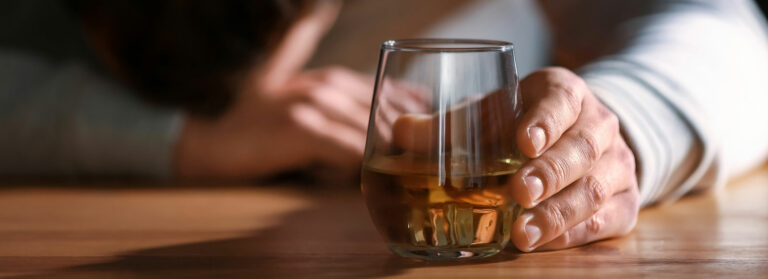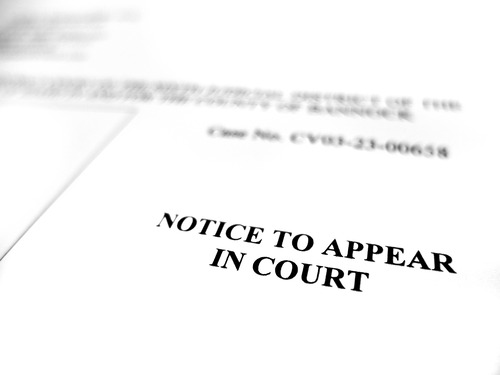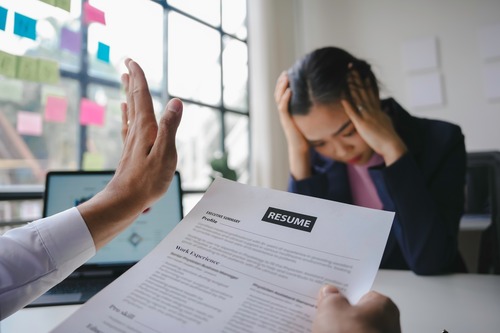Most drivers in Indiana have faced a breathalyzer test. Indiana has been identified as a forerunner in DUI incidents reported in the United States. The most recent National Drunk Driving Statistics indicate that Indiana accounts for 17.7% of 23.3% of alcohol-impaired fatality incidents. In 2019, 1,771 individuals were arrested in Indiana for driving under the influence.
In the heart of Indiana, Indianapolis is a densely populated state where millions of people regularly commute within the daily hustle of this busy city. The high rates of DUI incidents in Indiana have saturated occurrence in Indianapolis. Thus, it is not uncommon to find multiple testing points that are rather randomly distributed across the city.
If you’re wondering whether it is possible for you, out of the millions of residents in the city, to be randomly subjected to a breathalyzer test, the chances are considerable. However, if you’re not much of a drinker but smoke regularly, you may be inaccurately suspected of DUI in Indianapolis and might need to hire the best DUI lawyer in Indianapolis.
Does smoking affect the results of a breathalyzer test in Indianapolis?
Research claims that smoking can significantly affect the results of a breathalyzer test. This is because of two major reasons-
- Acetaldehyde detection
Both smoking and drinking produce certain by-products of chemical compounds in the body. Unfortunately, a breathalyzer is not completely equipped to minutely differentiate between these compounds.
In the human body, smoking produces the compound acetaldehyde, which is found in substantial amounts in the lungs of smokers than in non-smokers. Whereas alcohol, a chemical compound of different composition, is found in the body after drinking. A breathalyzer cannot differentiate between these compounds; thus, the results are sometimes entirely due to the presence of acetaldehyde from smoking rather than alcohol.
- Absorption of alcohol
Smoking and drinking go hand in hand for many individuals. However, there is a possible “legal hazard” of this habit– smoking slows down alcohol absorption in the body. This is because smoking reduces the body’s gas emptying process, thereby retaining the alcohol in your body for a longer time. Thus, even if you have had only one drink while meeting a friend but you are a regular smoker, the breathalyzer test can identify your BAC levels as higher than the legal limit.
When is a breathalyzer test done in Indianapolis?
In Indianapolis, if any officer suspects you to be driving under influence, they can ask you to undergo a breathalyzer test. A breathalyzer test is one of the routine field sobriety tests that DUI suspects are asked to perform. However, the results of a breathalyzer test are more robust and considered ultimate in the case of DUI suspects. This is because a breathalyzer test has a scientific basis and provides accurate levels of Blood Alcohol Concentration (BAC) of the suspect.
Ultimately, the BAC levels are the major determinant of whether a suspect has indeed breached the driving laws in Indianapolis.
According to the state law of Indiana, the legal BAC level for driving is 0.08%. Any driver with a BAC above this is considered to have breached the law.
If you’re wondering how many drinks get your BAC at 0.08%– here is a common way to determine it– on average, the BAC levels in humans go up by 0.02% for each drink. So, if you have had 4 or more drinks, consider not getting behind the wheel.
Can one deny a breathalyzer test in Indianapolis?
The DUI laws vary from state to state in the U.S. Indiana, however, has an “informed consent law”. According to I.C.-9-30-6-1 section of the law, “A person who operates a vehicle impliedly consents to submit to the chemical test provision of this chapter as a condition of operating a vehicle in Indiana.” Thus, it is assumed that anyone driving in Indiana, thereby Indianapolis has given consent to undergo breathalyzer tests when required of them.
In other words, you cannot deny a breathalyzer test in Indianapolis. Any officer who suspects you of DUI needs to perform the breathalyzer test within 3 hours of finding the cause of the test, and not before that. Unfortunately, this time limit cannot be used as a way to delay or deny the breathalyzer test. If the suspect doesn’t respond to the call for a breathalyzer test or just drives past without stopping, it can be used as evidence against them in court. Furthermore, the suspect can be called for a warranted breathalyzer test if they deny the first time. Thus, there is no way to avoid a breathalyzer test once suspected of DUI.
What are the penalties after a breathalyzer test in DUI suspicion?
The penalties for a DUI suspect with more than 0.08% BAC levels fall under two categories, given that there was no damage done or any injuries to another person. If the BAC level is from 0.08-0.14, it is a Class C misdemeanor with the lowest possible penalty: suspension of license from 0-60 days and a fine of up to $500.
If the breathalyzer test reveals a BAC above 0.15, it is a class A demeanor and results in suspension of license for up to one year and up to $5000 in fines.
However, if the individual is found to have any other DUI records in the past five years, these penalties are increased and can become multifold, depending on the severity of the past DUI incidents.
Can you fight the results of the breathalyzer test in Indianapolis?
If you believe the breathalyzer test results are inaccurate and you have been wrongly charged, there are ways to fight this situation. Multiple alibis can be used to make your point, such as-
- Calibration of the breathalyzer device: If the breathalyzer device wasn’t calibrated properly before the test, the chances of an inaccurate reading increase. This can be proved in court to fight the results
- Wrong detection: Some certain mouth-fresheners or gums contain alcohol and can affect the breathalyzer reading if the suspect had consumed one just before the test.
- Pre-existing medical conditions: Certain medical conditions such as diabetes or acid-reflux conditions can skew the results of a breathalyzer test. These medical conditions can be used as evidence for making your case in court.
There are many circumstances under which a breathalyzer test can produce incorrect results, and one may be penalized wrongly; however, it is important to be cautious while smoking and drinking, and it is important to remember that machines too can make mistakes.
If you believe you have been wrongly charged, take legal help from Indianapolis, IN, criminal defense attorneys so that you can fight the results of the breathalyzer test.
